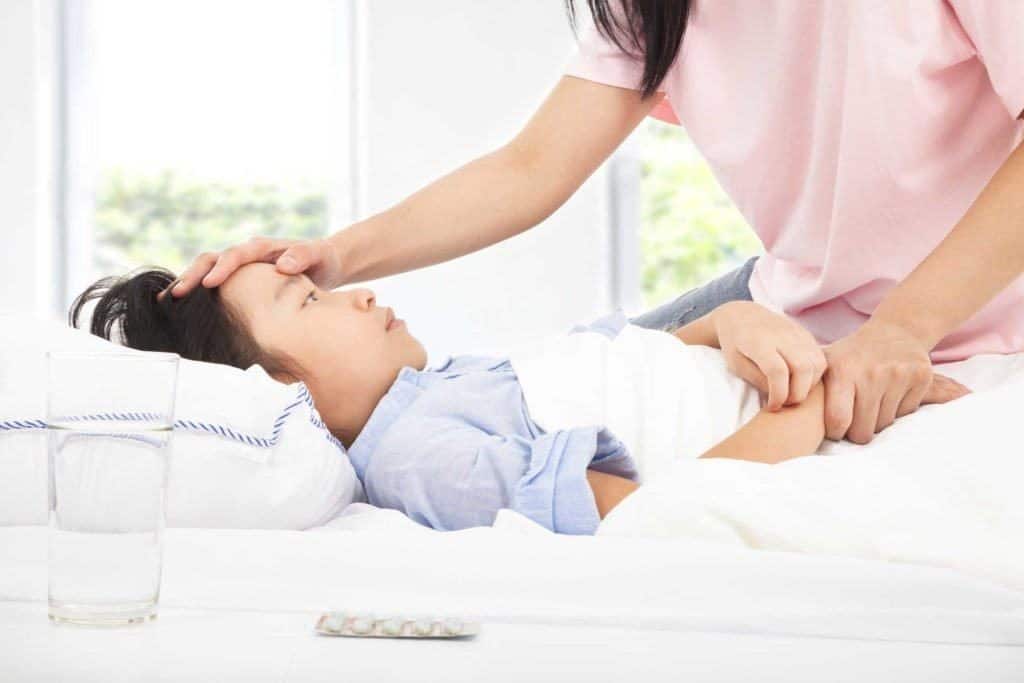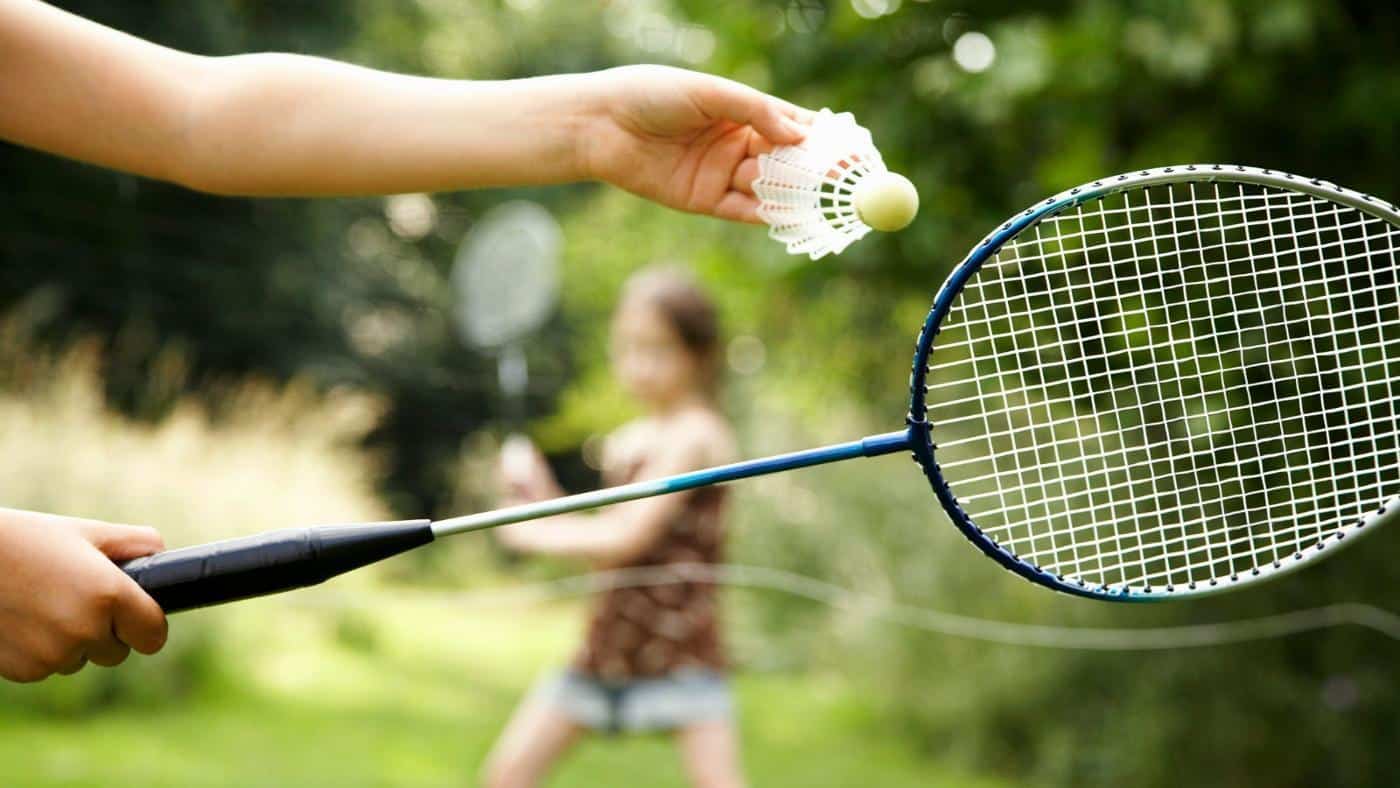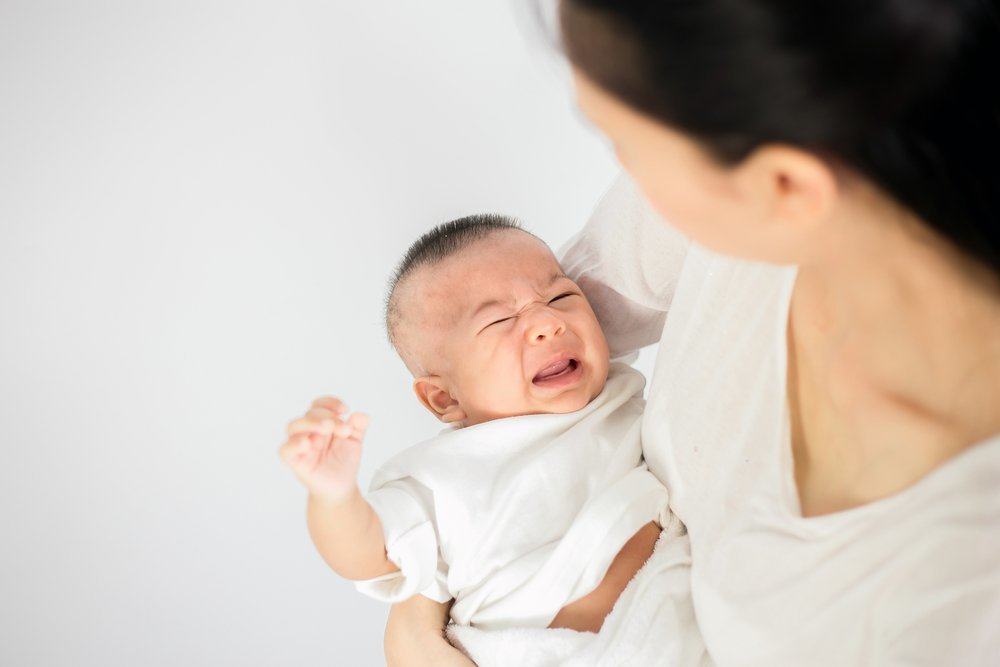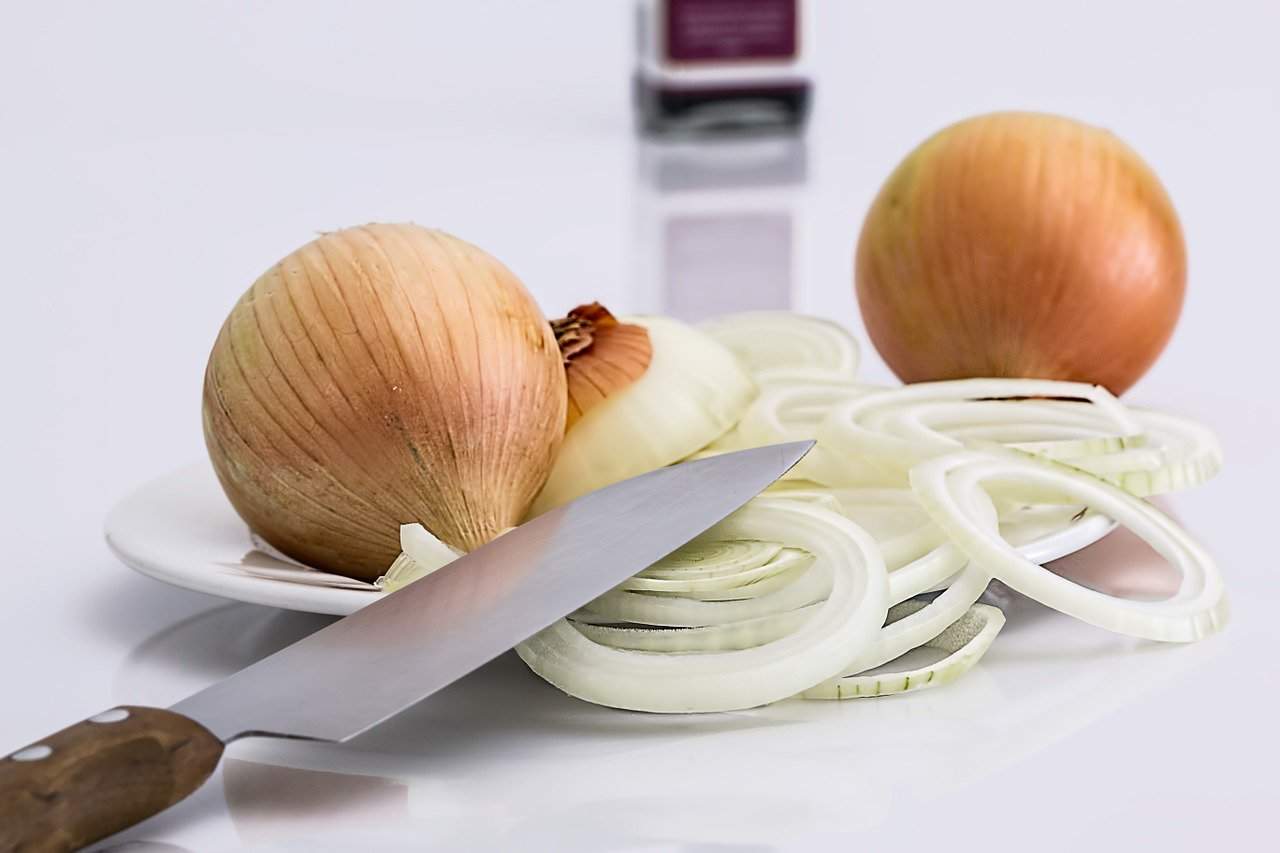Contents:
Medical Video: Heart Transplants in Children—Nemours surgeons give new life.
It is not unusual for children to get infections, such as chest infections or infected wounds, when undergoing surgery and intensive care. Some children also have reactions that are not suitable for certain types of treatment.
Most children recover very quickly. Your child will have a scar on the center of the chest and some small scars due to the absorbent tube. Scars will quickly fade in children, but will likely remain scarred. Minor injuries to the hands and neck will usually completely disappear.
For a few days after surgery, your child will be in a tightly guarded area to be free of infection and the treatment will be adjusted.
Your child is encouraged to get out of bed as soon as possible and can eat and drink as usual. There are some times when the body's rejection of the new heart can occur, and needs to be dealt with immediately.
You may be able to stay with your child not far from the hospital temporarily, to see how your child responds to treatment before you go home.
After you get home, the first thing you have to do is take care of your child from infection and prepare medical supplies. You also need to do an examination back to the hospital.
Medications will improve your child's condition after transplantation, but there are some side effects, such as:
- Increased amount of hair on the body. It can improve after 6 months and can be overcome using cream thresher.
- Body weight increases rapidly when using steroids, especially in the first few months.
- Trembling hands in the first few months.
- Gums swell.
- Nausea.
- Psychology has problems, with a new heart or scars, for example.
Every child is different, but if you feel there are side effects, ask the transplant team for further instructions.
Blood tests must be done to monitor the levels of anti-rejection drugs. Initial tests can often be done, then change every few months.
If your child is at school age, there may be some obstacles in getting your child back to school. Ask your child what they want their friends to know, and who should tell them. Some children don't want to discuss transplantation until they get used to it. Schools need to know some important information, such as how to handle the acute rejection section, and the effects of long absences, such as missing lessons. Some children will be the center of attention, because he did not attend school for a long time. The team of transplant special psychologists can advise on dealing with problems like this.
Some parents feel other children in the family have become problematic and difficult to work with. Ask for help from other family members, such as grandparents, to give them attention so they don't feel neglected.
Many people think, with a new heart, your child's problem is over. Transplantation is not a cure, transplants only help life-threatening conditions into conditions that can be treated medically. You will be aware of medical interventions in your child's life, and an uncertain future. Transplantation is done not only to give your child the chance to survive, but also the opportunity to get a better quality of life for your child.
Hello Health Group does not provide medical advice, diagnosis or treatment.












